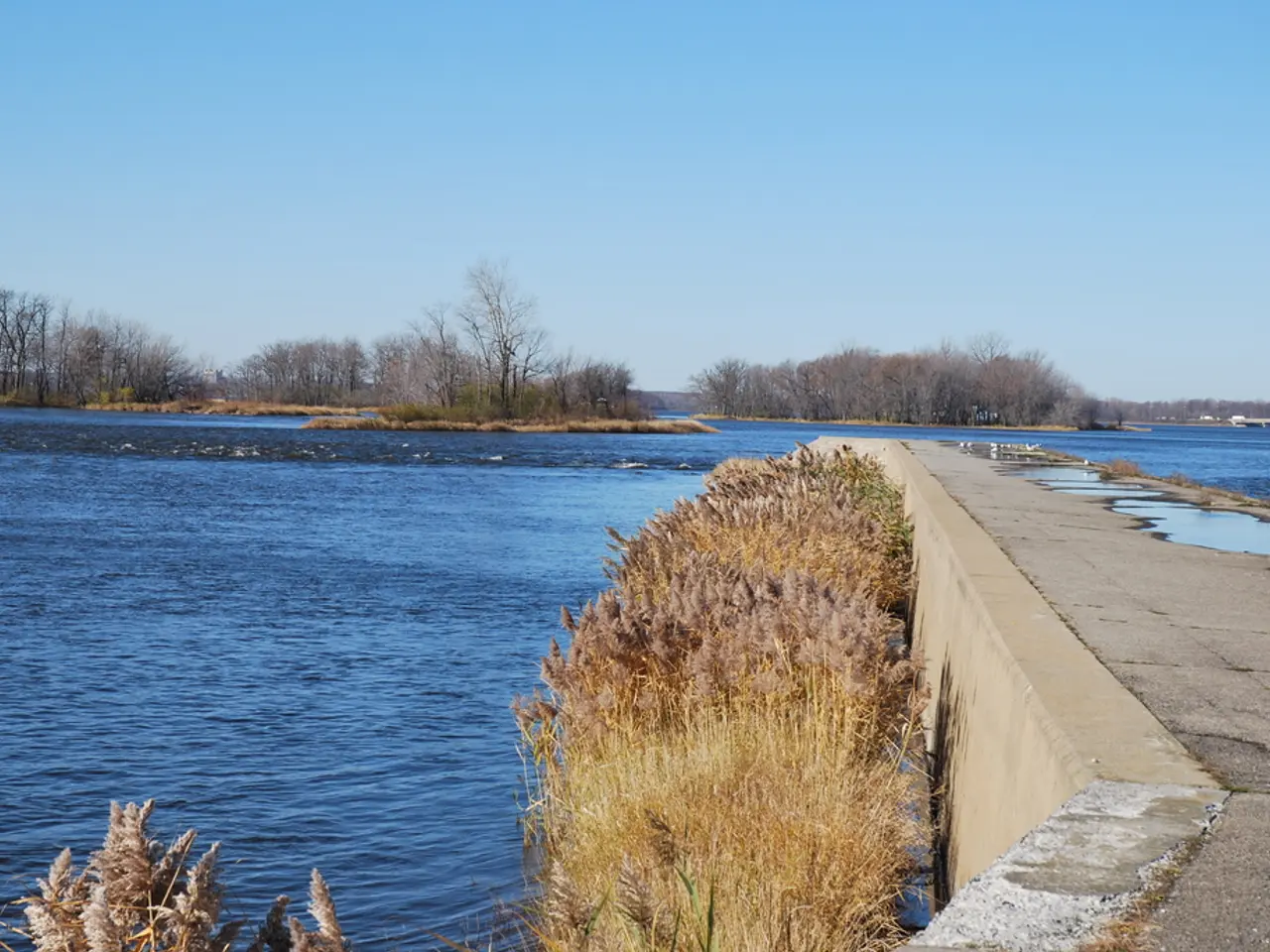Centenarian secrets: Lifestyle practices from Earth's 'Blue Zones', regions showing a tenfold increase in people reaching a century of life
In a world where health and wellness are at the forefront of many people's minds, a series called "Live to 100: Secrets of the Blue Zones" was aired on Netflix in 2023. This docuseries delved into the lifestyle habits of the residents in Blue Zones, regions across the globe known for their notable longevity and health.
One of these Blue Zones is Okinawa, Japan, where locals practice the 80 percent rule, also known as 'hara hachi bu'. This rule encourages Okinawans to stop eating when they feel comfortably full, promoting longevity. The average daily intake of an Okinawan is only about 1,900 calories, significantly less than the average number of calories consumed by a typical Brit.
Another Blue Zone is Sardinia, Italy, home to the statistically longest life expectancy for men in the world. The residents of Sardinia follow a largely vegetarian diet, alongside daily physical activity, which has led to the region having the highest concentration of male centenarians in the world. Walnuts, abundant in Seulo, a town in Sardinia, are thought to be a key factor in the longevity of its residents due to their health benefits such as lowering cholesterol, reducing inflammation, supporting cognitive function, and improving immunity.
The lifestyle habits of the Blue Zone residents are characterised by a balanced diet, active living, stress management, strong social ties, and intentional life purpose. These habits reflect an integrated lifestyle that is linked to their notable longevity and health.
Having a purpose in life, or a reason to get up in the morning, can be worth up to seven years of extra life expectancy. This concept is known as ikigai in Japan or plan de vida in Costa Rica. Regularly eating red meat and processed meat can raise the risk of type 2 diabetes, coronary heart disease, stroke, and certain cancers, particularly colorectal cancer. Therefore, a major driver of longevity in Blue Zones is a diet rich in plant-based foods, vegetables, legumes, whole grains, nuts, and low consumption of meat.
In addition to a balanced diet, managing stress is crucial for Blue Zone residents. Weekly routines to reduce stress such as napping, praying, meditating, or taking breaks help prevent inflammation and age-related diseases. Focusing on family and relationships, as well as having a strong social circle that values healthy living, is a crucial part of living to 100. Strong family connections are deeply embedded in the culture in both Italy and Greece; multi-generational households are common, as is living close to family members.
The residents of Ikaria, an island in Greece, live about eight years longer with no discernible dementia. Centenarians, or people who live to 100, have the remarkable capacity to avoid major illnesses or accumulate them more slowly, according to a pioneering new study from researchers in Sweden. Loma Linda, California, was chosen for the Live to 100 docuseries because it is home to the highest concentration of Seven Day Adventists, a community who live 10 years longer than their North American counterparts.
In conclusion, the Blue Zones offer valuable insights into the lifestyle habits that contribute to longer, healthier lives. By incorporating natural, gentle movement into daily life, having a sense of purpose, managing stress, following a plant-based diet, moderating alcohol intake, belonging to a community, prioritising family, and creating social circles that support healthy behaviors, individuals can strive to live a Blue Zone lifestyle and potentially add years to their lives.
Read also:
- Exploring Botox as a Treatment for Interstitial Cystitis: Insights, Adverse Effects, and Further Details
- Linking brain weakness and cognitive decline: An examination of the potential relationship
- The Powerful Evidence behind the Enchantment of Kindness: 18 Insights Revealed
- Indications of Tinnitus Recession and Possible Causes





